NSW budget: Cheap debt to rebuild surplus in five years, says Dominic Perrottet
The NSW budget will take five years to return to surplus, Treasurer Dominic Perrottet says.
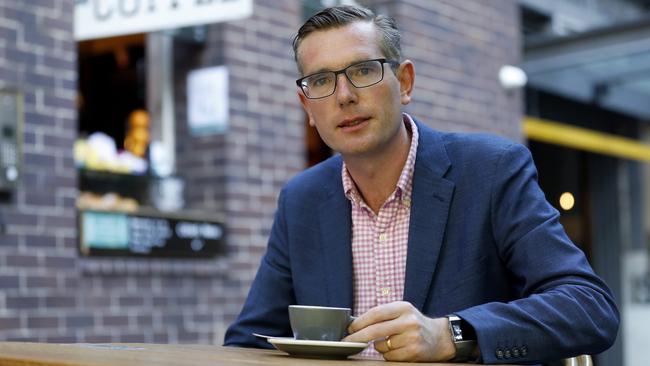
The NSW budget will take five years to return to surplus, with significant borrowings made possible by cheap debt to turn around the economy, Treasurer Dominic Perrottet says.
Mr Perrottet said NSW would need to embrace debt to fund major infrastructure projects and ongoing stimulus packages, with the cost of servicing these loans to average just 3.2 per cent of revenue over four years.
“While there is going to be significant increases in borrowings to help fund the state’s infrastructure program and stimulus measures and various other things, the cost is incredibly low,” he said.
“If you go back 10 years, we were borrowing at 6 per cent.
“Now we’re borrowing at one per cent for T-Corp bonds.”
The budget, to be handed down Tuesday, will outline the devastating extent of the coronavirus pandemic on the state, with lockdown restrictions costing roughly $1.4bn each week at the height of the crisis. This has since been revised down to $400m per week due to ongoing losses in the hospitality and tourism sectors, Mr Perrottet said.
To assist the hospitality sector, the Treasurer is expected to announce a $500m rescue package that will hand out vouchers for use at restaurants, cafes and pubs.
The Australian first reported that the government was considering handing out $100 restaurant vouchers to families in a bid to lift spending in the struggling sectors in early November.
While Mr Perrottet declined to specify how much the government would borrow, he said the money would be paid off using capital accrued in the state’s sovereign wealth fund, which is recording annual returns of 4.5 per cent — reaching $70bn by 2030.
The sale of the government’s remaining stake in WestConnex and coalmining royalties would be channelled into this fund, along with the potential sale of the tax revenue from NSW Lotteries, now the subject of a scoping study.
“One of the options for the scoping study is to look at whether we put that revenue stream into the generations fund,” he said. “Building up the generations fund nets off our debt position going forward.”
But the budget will also show a return to surplus by the 2024-25 financial year. “That’s one year out from the forward estimates,” Mr Perrottet said. “So, yes, you’ll see a deficit, but we won’t go into a structural deficit (at a time of ordinary economic activity).”
The COVID-19 pandemic hit the NSW economy particularly hard, according to Commonwealth Bank analysis — pushing the state from third-best performing to fourth. In particular, the CBA’s October State of the States report showed NSW had the third-slowest retail sales growth among all states and territories, while unemployment was 40 per cent higher in September compared to the decade average.
The economy has not only been hampered by the pandemic, but by the Black Summer bushfires earlier in the year.
Reserve Bank governor Philip Lowe in August told a parliamentary committee the bank was unable to do much more to boost the economy, and called on state governments to dramatically lift spending to help save jobs.
Figures released by the Treasurer on Sunday reveal the state’s unemployment rate is on track to recover by June 2024 to 5.25 per cent from its current peak of 7.5 per cent, with 270,000 people returning to employment.
Across NSW, tourism, hospitality and construction remain the industries most impacted by the pandemic. Tourism remains healthy in regional areas of NSW, a fact Mr Perrottet will move to highlight in his budget address.
It is “booming” in the regions but not in Sydney, he said.
“Sydney is a concern of mine. Tourism is more of a Sydney problem than a state problem because tourism has increased with Sydneysiders going bush.”
While the budget’s key messages will centre on cheap debt and borrowing, it will also emphasise fiscal prudence. Mr Perrottet will highlight $12bn in savings that will be made over four years via caps on public service pay increases – expected to net $4bn.
There will also be an emphasis on cutting wasteful public spending, with mandates to be introduced on departments that they cut travel and event expenses and the use of external consultants.
“There’ll be a much greater fiscal rigour on agencies,” he said.
“The public service needs to ensure that every taxpayer dollar has maximum impact.”
Mr Perrottet, a proponent of tax reform, said he will not be announcing any landmark adjustments to stamp duty or payroll tax in this budget, although there will be some tax relief.
This would include lifting the payroll tax threshold from $1m to $1.2m for small businesses, according to a statement issued by his office on Sunday.
Along with the budget papers, Mr Perrottet will also release the final report of a review into Federal Financial Relations, which is likely to recommend abolishing stamp duty.


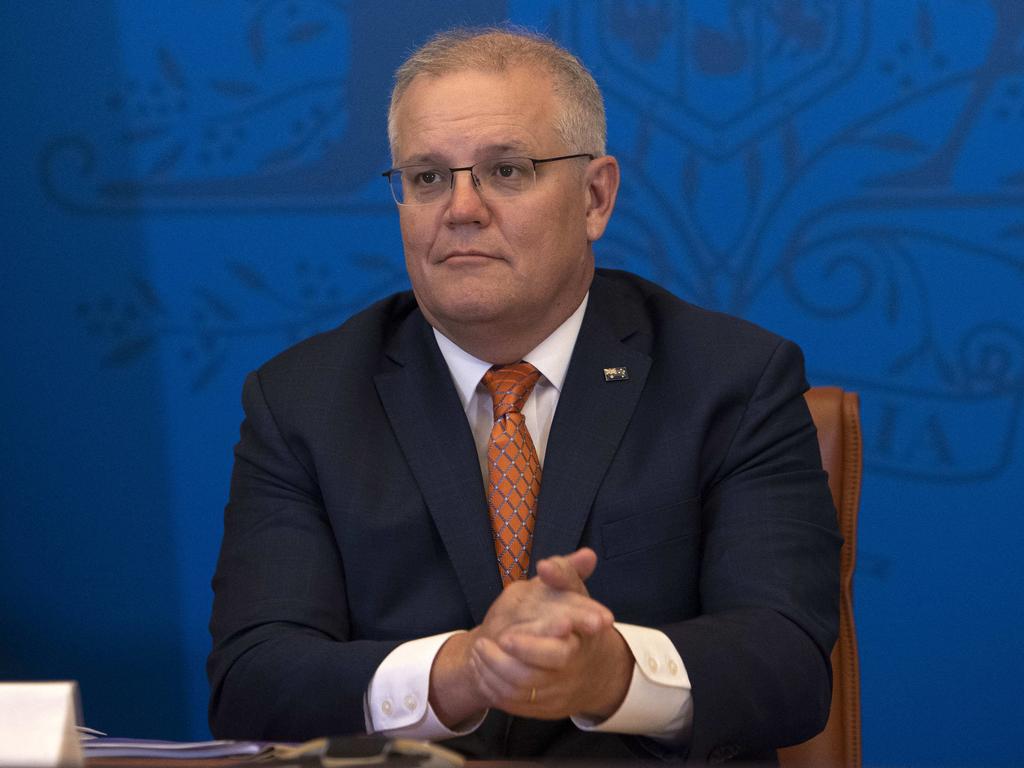
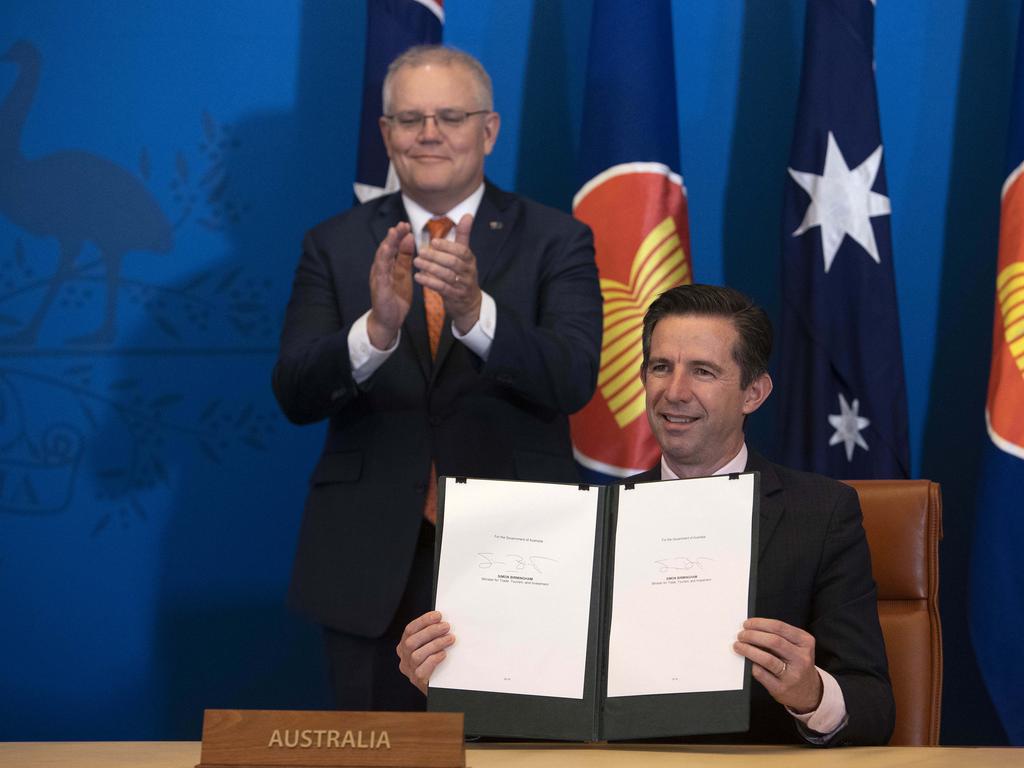
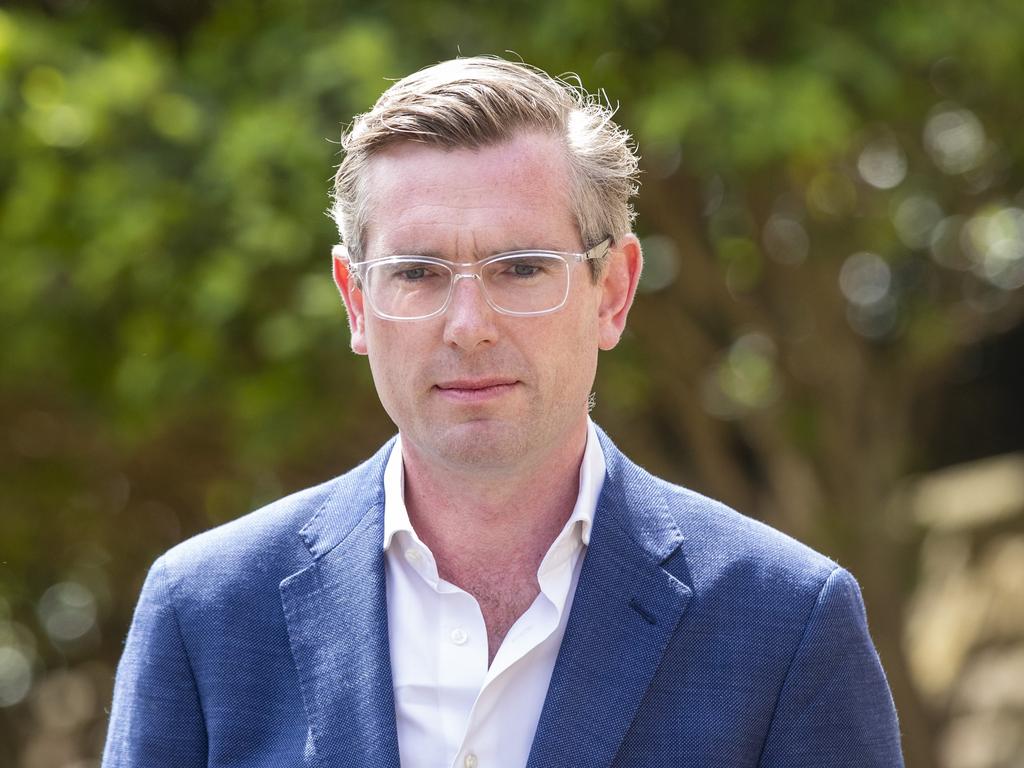
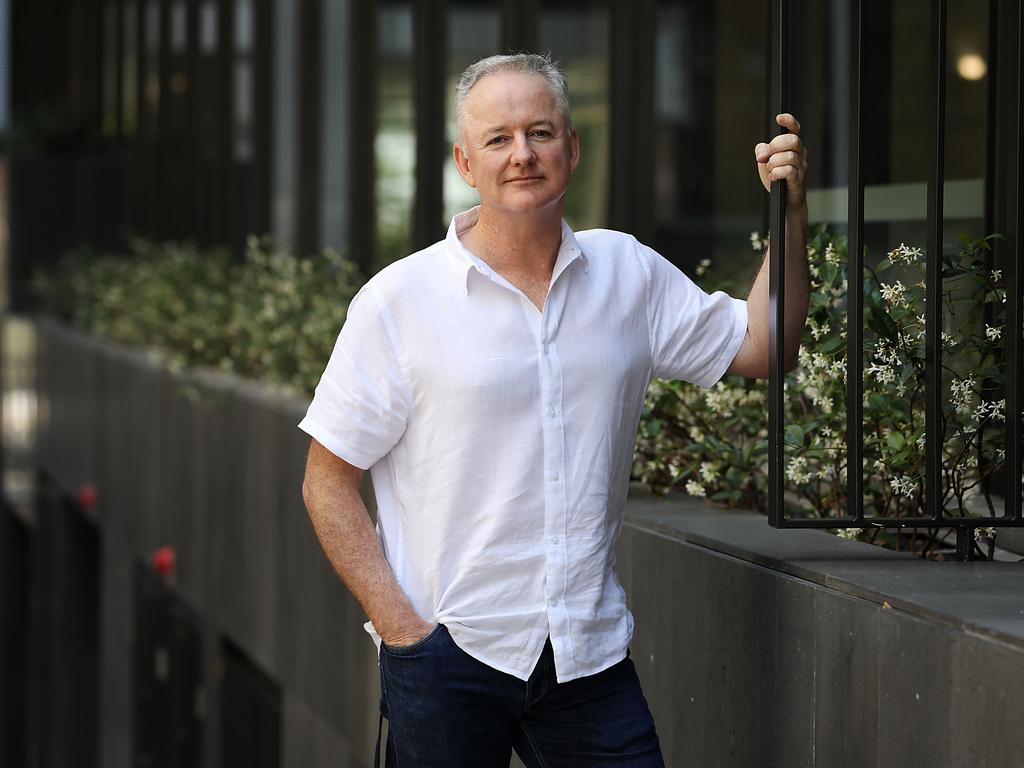


To join the conversation, please log in. Don't have an account? Register
Join the conversation, you are commenting as Logout